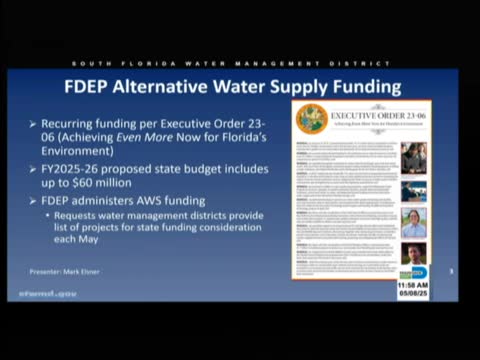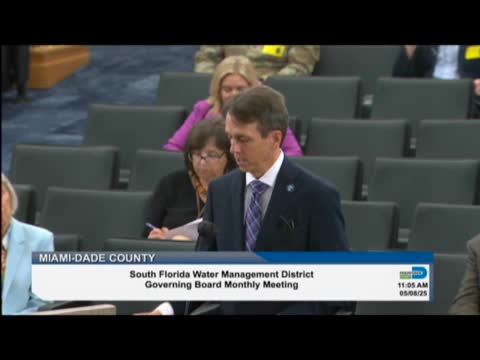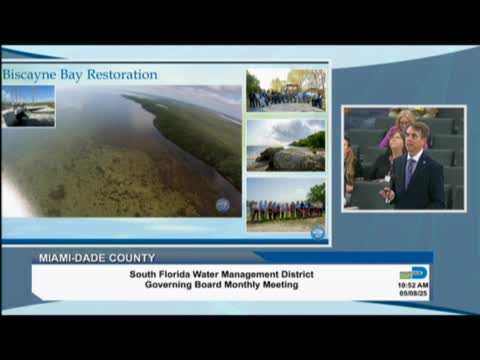Article not found
This article is no longer available. But don't worry—we've gathered other articles that discuss the same topic.

Governing board approves FY26 alternative water supply grant list; district to enter agreements for construction funding

District reports low rainfall, Lake Okeechobee recovery progress and issues with estuary flows; Cape Coral faces Phase 4 restrictions

